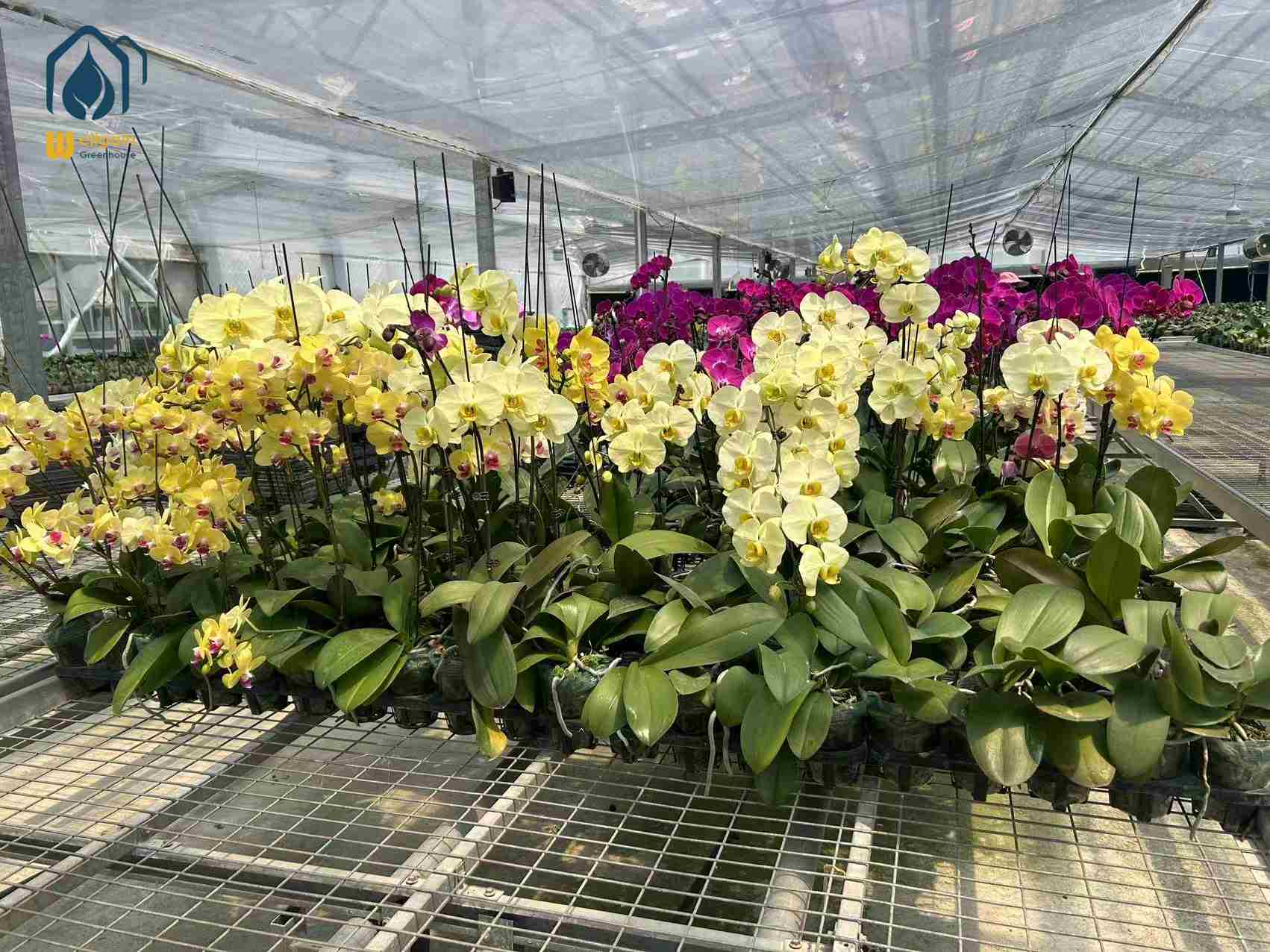Categories
Recent Posts
The Art of Growing Orchids in a Greenhouse: A Guide for Enthusiasts
Orchids are among the most exquisite and rewarding plants to grow, but they can also be quite demanding. A well-designed greenhouse provides the perfect controlled environment to cultivate these delicate beauties. Whether you're a hobbyist or a commercial grower, here’s how to optimize your orchid greenhouse for success.
Greenhouses offer:
Stable temperature & humidity – Orchids thrive in consistent conditions (typically 65-80°F / 18-27°C and 50-70% humidity).
Controlled light – Many orchids prefer bright, indirect light, which can be regulated with shade nets (e.g., 50% shading rate).
Protection from pests & harsh weather – A greenhouse minimizes exposure to extreme temperatures, wind, and insects.
Light Management
Use shade cloths (e.g., round wire shade net with 30-70% shading rate) to diffuse intense sunlight.
Adjust shading seasonally—orchids like Phalaenopsis need less light than Cattleyas.
Ventilation & Airflow
Install exhaust fans or vents to prevent stagnant air, which can lead to fungal diseases.
Gentle air movement mimics their natural habitat.
Humidity Control
Maintain 50-70% humidity with misting systems or humidity trays.
Avoid wetting leaves excessively to prevent rot.
Watering & Fertilization
Water in the morning to allow drying before nightfall.
Use a balanced orchid fertilizer (20-20-20) diluted to half strength.
Pest & Disease Prevention
Inspect regularly for spider mites, aphids, and mealybugs.
Isolate infected plants and treat with neem oil or insecticidal soap.
Phalaenopsis (Moth Orchids) – Ideal for beginners, prefer warm temps.
Cattleya – Need brighter light and slight drying between waterings.
Dendrobium – Tolerate cooler nights and variable humidity.
A greenhouse allows you to fine-tune conditions to match your orchids’ needs perfectly. Start with hardy varieties, monitor environmental factors closely, and soon you’ll be rewarded with stunning, healthy blooms year-round.
Happy growing!
